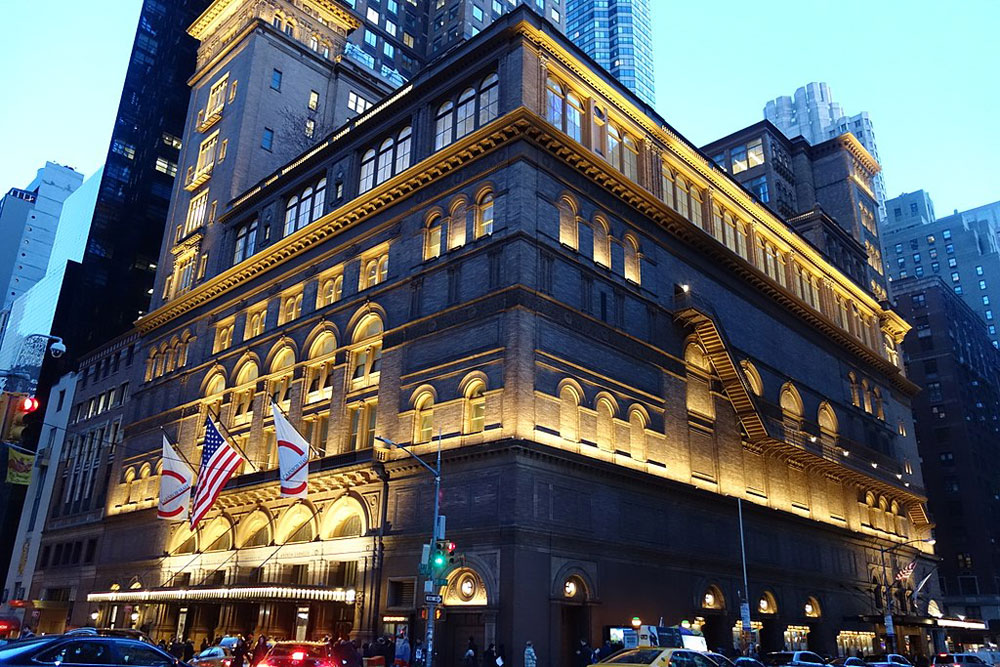
December 9, 2020; New York Times
The always insightful and in-the-know Robin Pogrebin, writing for the New York Times, details the latest imbroglio with a major donor to a massive cultural institution. This time, it is Carnegie Hall, whose board chair, Robert F. Smith, is perhaps best known for paying off the student debt of an entire graduating class of Morehouse College. The problem is that at the same time, he also evaded paying his taxes on an unreported $200 million in income, which he secreted away in Bermuda, Nevis, and Switzerland.
Although federal prosecutors called it the largest tax evasion case in US history, Smith eventually signed an agreement that entirely shielded him from prosecution if he paid some $139 million in fines and cooperated with the investigation. He has also agreed to relinquish his claim on a refund of $182 million. (Ironically, some of the deductions that led to that refund related to charitable contributions.)
The Justice Department said in a statement, “Over the years, Smith used millions of this unreported income to acquire and make improvements to real estate used for his personal benefit.”
So it goes for yet another cultural institution with ethically challenged but well monied board members. We need not wonder why they reflect such a colonialist point of view.
Pogrebin writes that these organizations have reacted differently to the legal and public challenges lodges against their various trustee robber barons depending on the circumstances:
Sign up for our free newsletters
Subscribe to NPQ's newsletters to have our top stories delivered directly to your inbox.
By signing up, you agree to our privacy policy and terms of use, and to receive messages from NPQ and our partners.
Amid mounting public pressure, the Metropolitan Museum of Art recently felt compelled to swear off money from members of the Sackler family because of their links to OxyContin. And last year Warren B. Kanders was forced to step down as a vice chairman of the Whitney after protests over his company’s sale of tear gas. (He later got out of the tear gas business.)
But many institutions stand by their supporters, even if they bring a trail of bad headlines.
The hedge fund titan Steven A. Cohen, whose SAC Capital Advisors agreed in 2013 to plead guilty to insider trading violations and paid a record $1.8 billion penalty, is on the board of the Museum of Modern Art.
The examples could take up a lot of space, but, taken together, they reveal the problematic dynamic of patron-driven museums when said patrons have acted in ways that are exploitive or even violent towards the public, as was clearly the case with Kanders and the Sacklers. But, in Smith’s case, the temptation to let bygones be bygones is additionally intense; as Pogrebin writes, “The reluctance of Carnegie Hall’s board to dethrone Mr. Smith is understandable; he is financially generous, gets high marks as a collegial steward, and—named the richest Black man in America by Forbes in 2015—is the first African American to hold the Carnegie Hall post at a time when the lack of diversity at many cultural organizations has become a pressing issue.”
In other word, he is the living embodiment of an appropriate board chair for Carnegie—except for that pesky tax avoidance issue. And he has given the institution around $40 million over the last six years, donating also to the National Museum of African American History and Culture and the Louis Armstrong House Museum in New York. One might say he’s been very generous indeed with our missing tax dollars.—Ruth McCambridge












